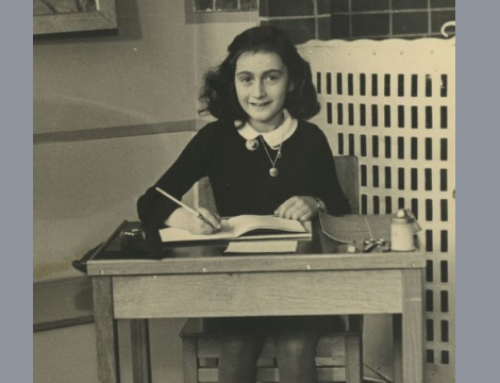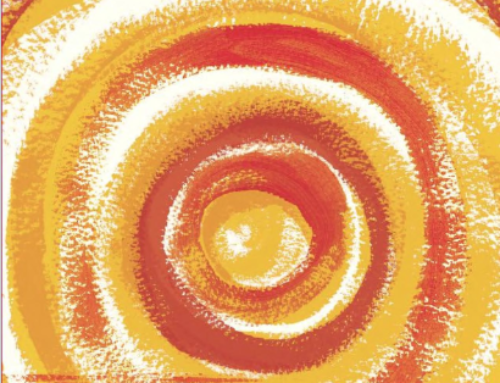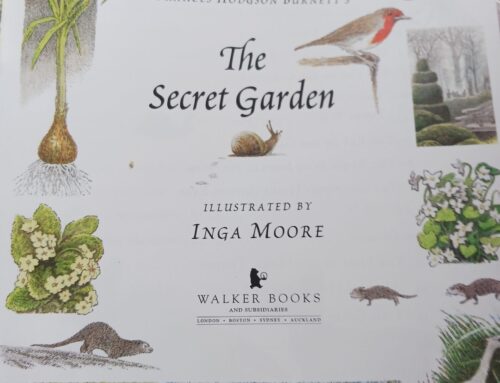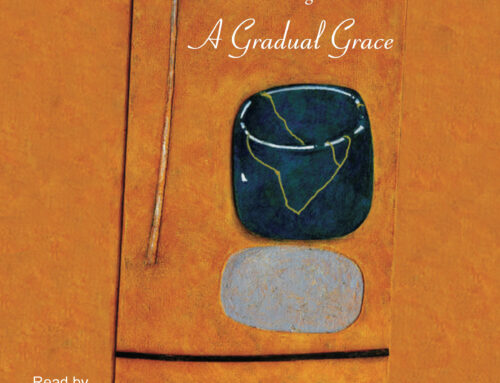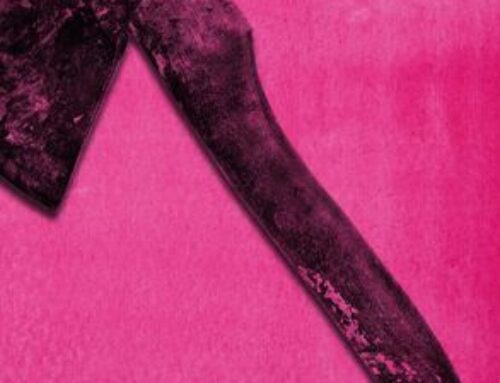Arthur is his other half, to whom he is joined in a symbiotic relationship. They depend on each other, yet each has his own mental and social world, and, while Arthur loves and feels responsible for Waldo, Waldo perceives Arthur, mostly, as an embarrassment, a burden, a social liability. Waldo is dry, suspicious, ‘stitched up’, hates people and himself. Arthur, big, shambling, minimally educated, is not skilled in good manners. He speaks the truth as he sees it, and sees through social disguises, loves people as they are, and is regarded as simple, a dill, a halfwit. Waldo knows he is more than this but is too insecure to hold to his truth, always tortured by what others may think of him, of Arthur.
Arthur is one of Patrick White’s visionaries; they are often simple or uneducated people who see beneath the masks people wear and the charades they engage in, and who seek connection with another reality. For Arthur, this reality is embodied in the four glass marbles he carries in his pocket and constantly fingers. He gives some away, and ends up with one, which is his solid mandala, embodying unity and wholeness. Perhaps, also, it is implied, embodying the perfect one that the twins together symbolise, the yin and yang of all that is. This is not spelled out; it is my interpretation.
I find that White’s novels cast a spell over me, that in some ways, I resist. I resist his satirical, mordant, sometimes malicious view of ‘everage’ people (Riders in the Chariot); his descriptions of them, women with plastic gums, men with “thin to disappearing lips” or ” a splurge of lips a little open, a little shiny from the bacon he could have been eating a minute or before, his seams splitting, especially at the thighs of those pants belonging to someone else”. I sense an intense distaste for the ugly physicality of bodies, which is often evoked to cast a character in an unsympathetic light. I can understand this, as I sometimes look at people this way myself, but at the same time, I resist this jaundiced vision.
I admire and love the originality and poetic, liquid prose that describes things and events in ways outside the ordinary: “Once, at the height of a storm, when the rain was coming down aslant, in slate-pencils, against the roof… the quince-twigs squeaking against, the rose-thorns scratching on the panes…”. This, and many passages like it. I also admire and love his vision of another reality, the mandala of unity.
Next, I shall read The Tree of Man, which I read years ago in an old paperback, falling apart, on the bookshelf in my daughter’s house when I was babysitting.
